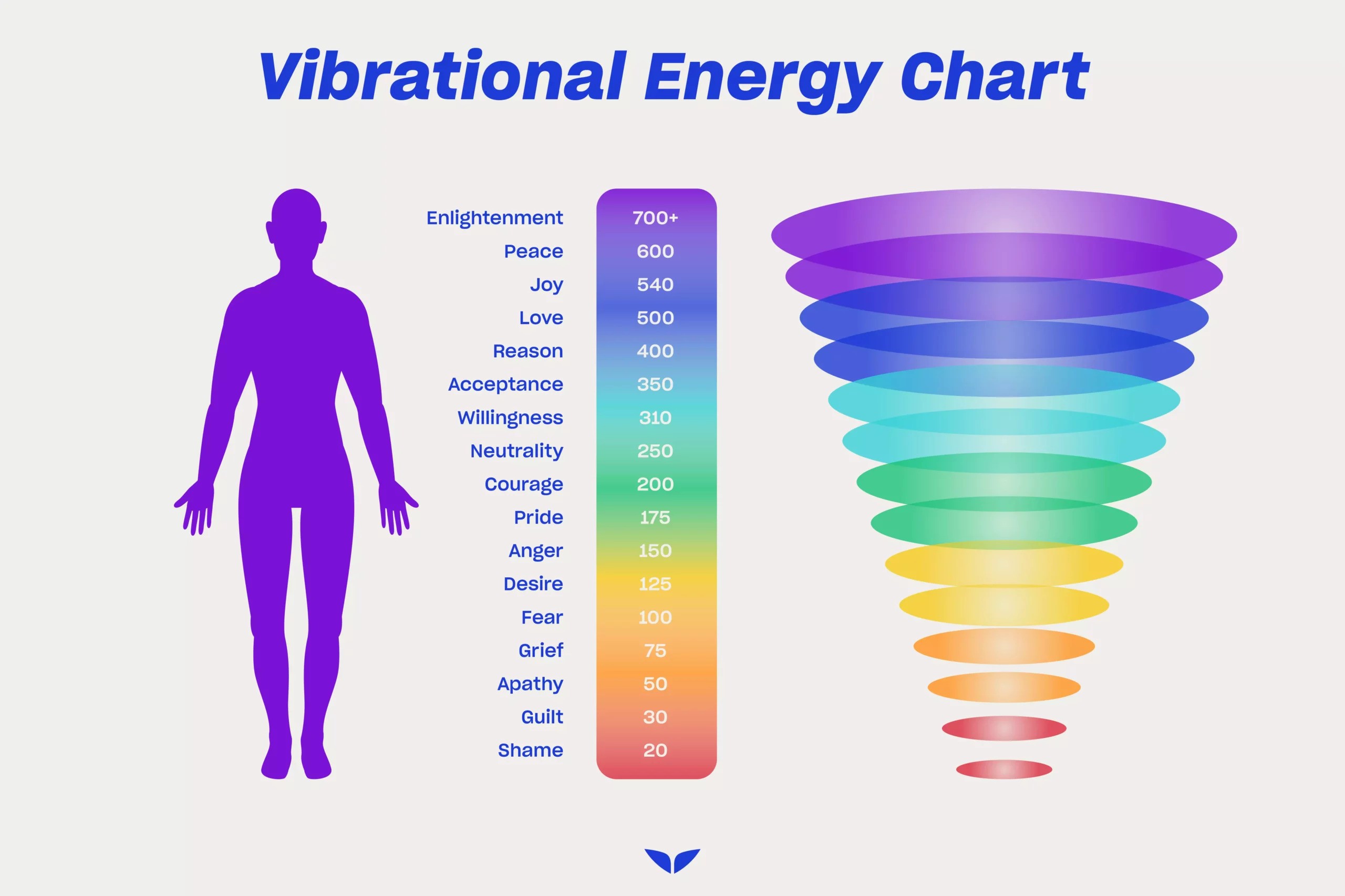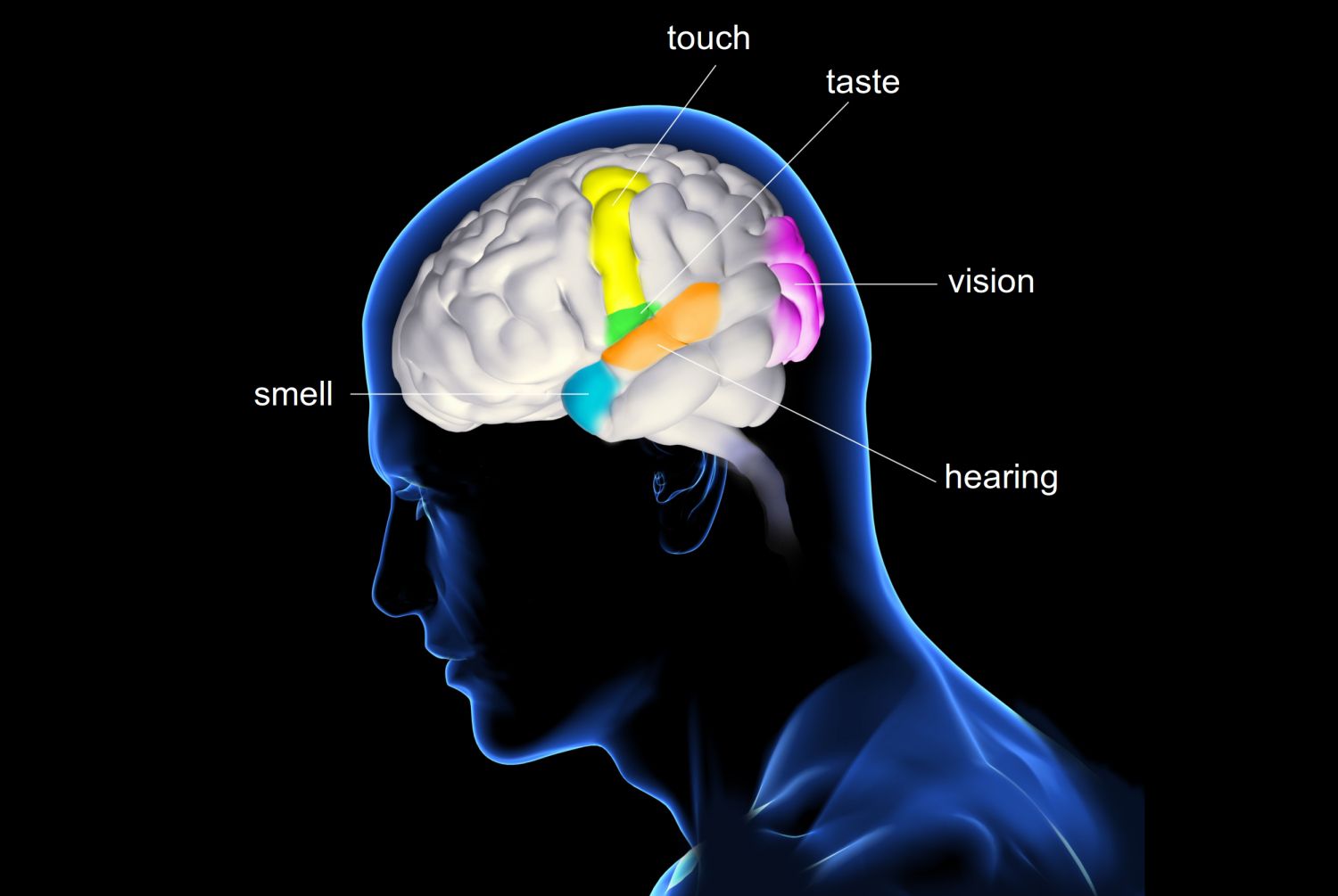Unlocking Happiness: Embrace the Power of a Daily Gratitude Journal
Imagine starting each day with a heart full of thankfulness and a mind focused on the positive aspects of life. That's the transformative power of a daily gratitude journal. Research suggests that the simple act of noting down the things you're grateful for can significantly boost your mood and overall well-being. Whether it's the warmth of the sun, a kind gesture from a stranger, or the comfort of your favorite meal, acknowledging these moments can change the way you view your world. With a daily gratitude journal, you'll find yourself more connected to the joys of everyday life, leading to a happier, more contented you. So, if you're looking to elevate your mental health and cultivate an attitude of gratitude, keep reading to discover how a daily gratitude journal could be your key to a brighter outlook on life.
Introduction to Daily Gratitude Journals
Have you ever stopped to consider what a profound impact a few simple words of thanks could have on your life? Enter the daily gratitude journal, a tool that might seem modest at first glance but holds the potential to dramatically reshape your perspective. It's a straightforward concept: every day, you jot down things that you're grateful for, big or small. But don't let its simplicity fool you; this practice is a powerhouse when it comes to enhancing your mental health and overall happiness.
- The Basics: At its core, a daily gratitude journal is a dedicated space where you record the things that bring you joy or provide comfort.
- The Method: It can be as simple as writing down three things you're thankful for each day or as elaborate as penning detailed entries about your experiences and feelings.
- The Personal Touch: There's no one-size-fits-all approach here; your journal is a personal haven that reflects your unique journey towards gratitude.
But why bother with a gratitude journal? Well, it's all about the positive spin. When you take the time to recognize and document the good stuff, you're essentially training your brain to spot the silver linings, even on cloudy days. It's a kind of mental magic trick that can turn "just another day" into "a day filled with moments to be thankful for."
Why Gratitude Matters
"Gratitude turns what we have into enough." – Anonymous
This quote captures the essence of gratitude journaling. By focusing on what we have, we cultivate a sense of sufficiency and appreciation that can carry us through life's ups and downs with grace and positivity.
The Science Behind Gratitude Journaling
It's not all warm fuzzies and feel-good anecdotes; there's solid science backing the benefits of gratitude journaling. Researchers have been delving into the effects of gratitude on the human psyche, and the findings are compelling. Gratitude journaling has been linked to a host of positive outcomes, from reduced stress levels to improved sleep quality.
- Neurological Shifts: Studies have shown that gratitude can trigger changes in the brain, increasing the production of feel-good neurotransmitters like dopamine and serotonin.
- Psychological Resilience: Regularly expressing gratitude has been associated with greater resilience to trauma and stress, helping individuals bounce back more quickly from challenging situations.
- Physical Health: Believe it or not, a daily gratitude journal can even have physical health benefits, such as lower blood pressure and a stronger immune system.
So, what's going on under the hood? When you practice gratitude, you're essentially giving your brain a workout. Like any muscle, the more you exercise it, the stronger it becomes. In this case, you're working out your brain's ability to focus on positive experiences and emotions, which can lead to lasting changes in your overall outlook on life.
The Research Speaks Volumes
| Study | Findings |
|---|---|
| Emmons & McCullough, 2003 | Those who kept gratitude journals on a weekly basis exercised more regularly, reported fewer physical symptoms, felt better about their lives as a whole, and were more optimistic about the upcoming week. |
| Seligman et al., 2005 | Participants who wrote about three good things each day for a week showed significant increases in happiness and decreases in depressive symptoms, which persisted for six months. |
With such a compelling case for the practice, it's no wonder that more and more people are turning to their daily gratitude journals as a source of strength and joy.



